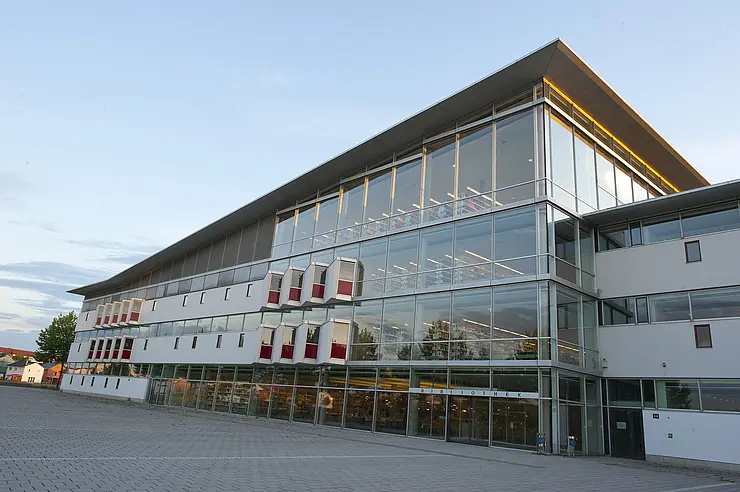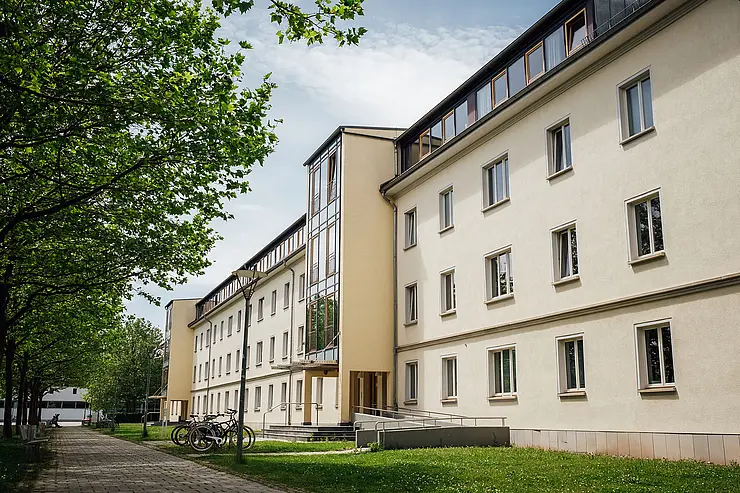The University of Erfurt

The University of Erfurt is the youngest German (state) university, while it at the same time has a very long tradition, which reaches back into the middle ages. In 1392, Erfurt University began its teaching activities, was closed in 1816 and re-founded in 1994 as a reform university.
Since its new formation, the university has become a center for the higher education reforms currently taking place in Germany. Internationality, interdisciplinarity, intensive mentoring and support, new study concepts and new content constitute its profile.

The University of Erfurt is a campus university, which has been built close to and in easy reach of the city center. The library is well-equipped. Networked computing will be offered to the students on campus. Group workrooms can be booked.
The campus also houses a refectory and a cafeteria, where students can buy their lunch and coffees.

Communication Studies at the University of Erfurt
Communication studies is a trans-disciplinary field of study, based on social science and cultural studies approaches. These are both emphasized in Erfurt. Communication Studies at Erfurt includes the study conditions, structures, and processes of social and cultural communication from diverse perspectives.
The formal object and the research focus is social communication. Materially speaking, all areas of direct and media-mediated interpersonal, small group, organizational and public communication (mass communication) as well as new forms of computer-mediated and telecommunication are researched. These are partly researched in comparison and in the context of intercultural communication.
Erfurt has recently been ranked amongst the top three media and communication studies departments within Germany. Its emphasis on small group teaching, personal contact and innovative teaching methods is also reflected in the structure of the summer program. Similarly, students will be offered a chance to find out about Europe and its media systems as well as to get to know theoretical approaches that are new to them.

